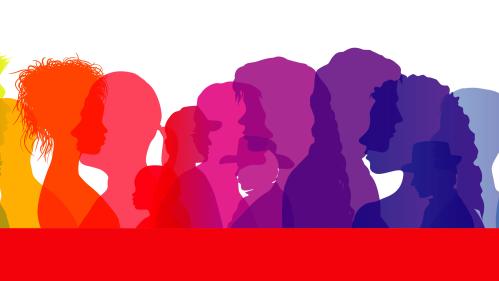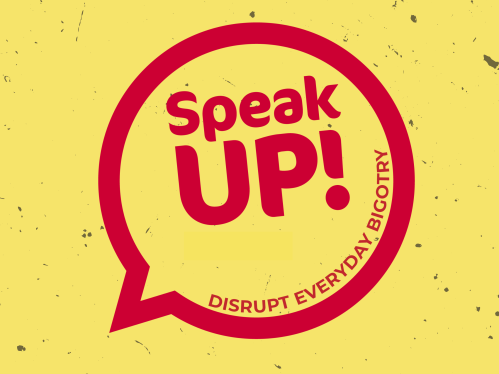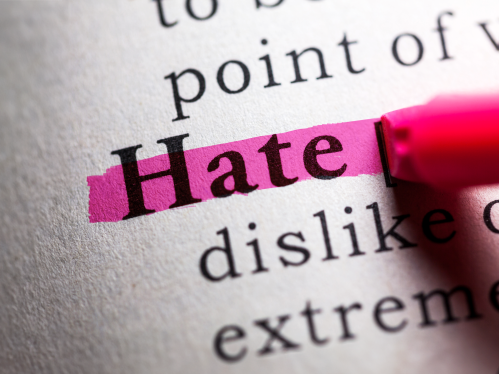
Respect Difference
Hate is on the rise.
Across the country and on our campuses.
We must come together and take an active role in stopping hate.
Learn how to be an active bystander.
Speak Up! is a university-wide bias prevention campaign. A call to action for all university community members to respond when they observe bigotry and to be vigilant about disrupting personally held bias.

If you, or someone you know, has experienced an act of hate, report it and get support.
We want to address issues quickly when they arise and have several methods through which you can report a bias incident. If you are looking for counseling and wellness support, several resources are available. Look at the dropdown menu below to find the right resource to meet your needs.
